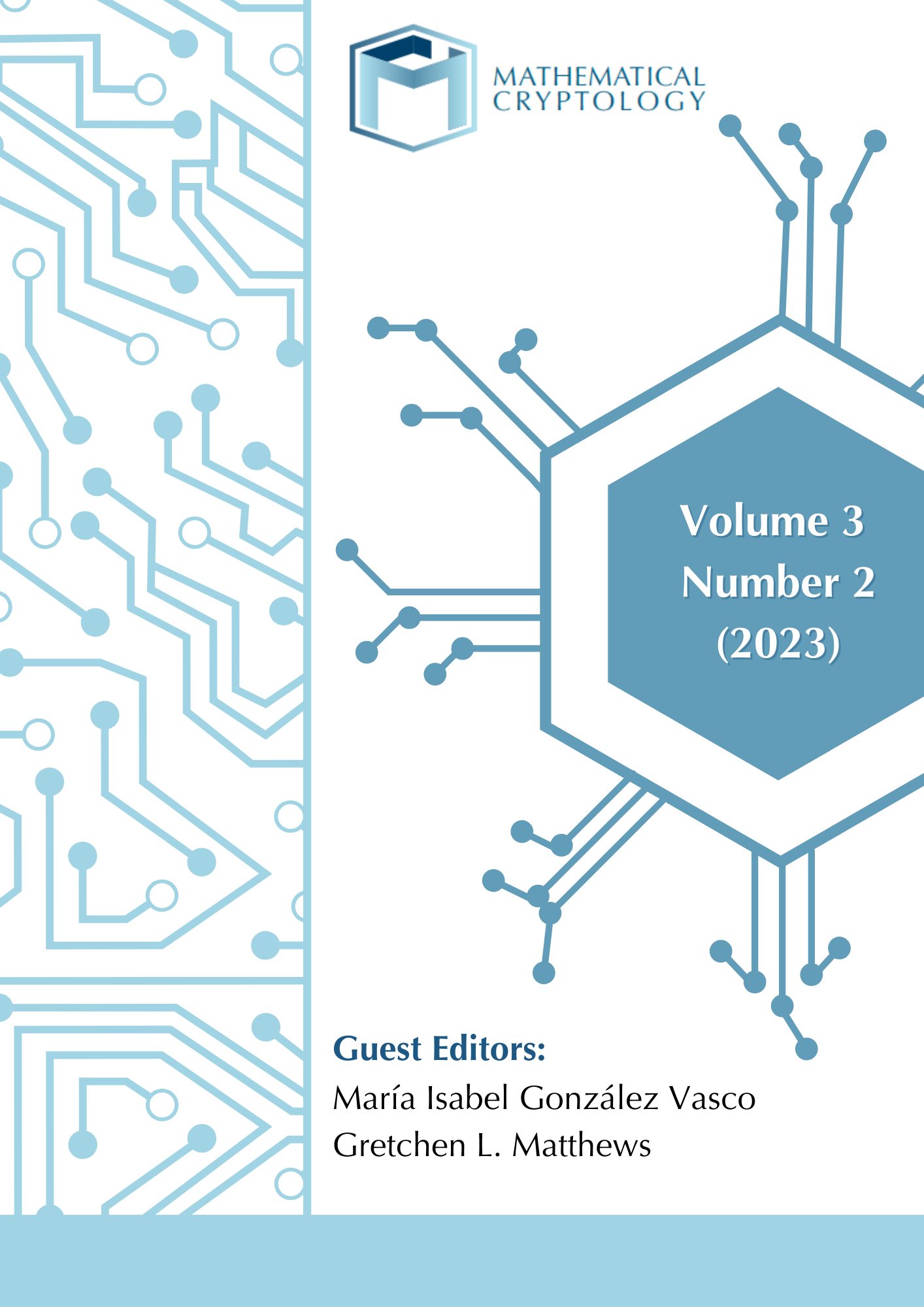Abstract
We study of cryptography and average-case complexity through the lens of what we call computational category theory, wherein we consider category-theoretic objects and relationships endowed with computational hardness properties. We show that such a computational category-theoretic approach provides many novel insights into the mathematical structure inherent to certain cryptographic primitives and reductions in average-case complexity:
- We show how to model cryptographic primitives as computational category-theoretic diagrams, where each
such diagram is described using category-theoretic objects and relationships endowed with computational
hardness properties. This yields a novel approach to understanding the mathematical structure that is inherent
to any given primitive. - We also prove that any “hard” family of problems with a certain type of randomized self-reduction implies
the existence of a monoid equipped with a natural notion of one-wayness, thus demonstrating that some
mathematical structure is inherent to the existence of these kinds of randomized self-reductions. - We further extend these observations to a certain family of collision-resistant hash functions (CRHFs): we
show that any CRHF where preimage resistance is reducible to collision resistance with a particular type of
reduction also implies a one-way monoid. These statements prove that even certain Minicrypt primitives with
“good” reductions also imply mathematical structure, which is (to our knowledge) a novel type of proof.

This work is licensed under a Creative Commons Attribution-NonCommercial 4.0 International License.
Copyright (c) 2023 Hart, Sikhar Patranabis

